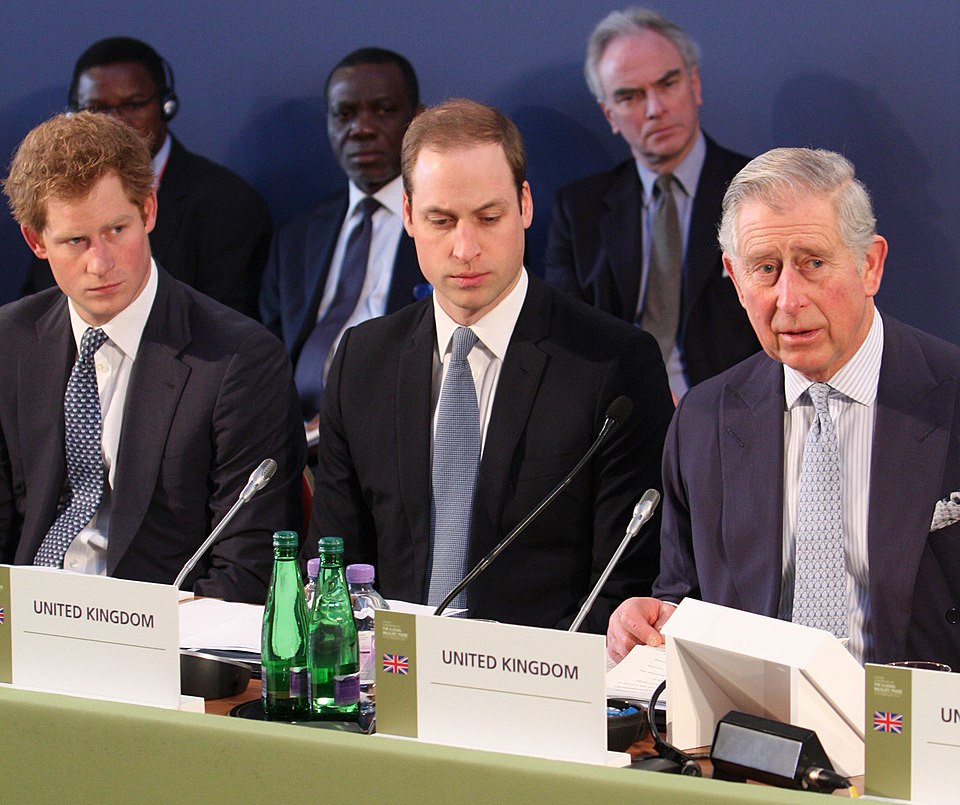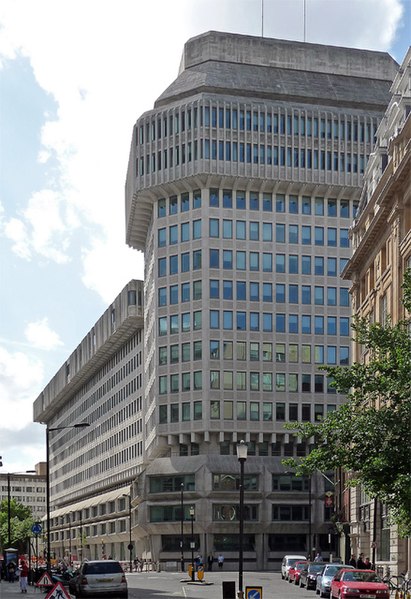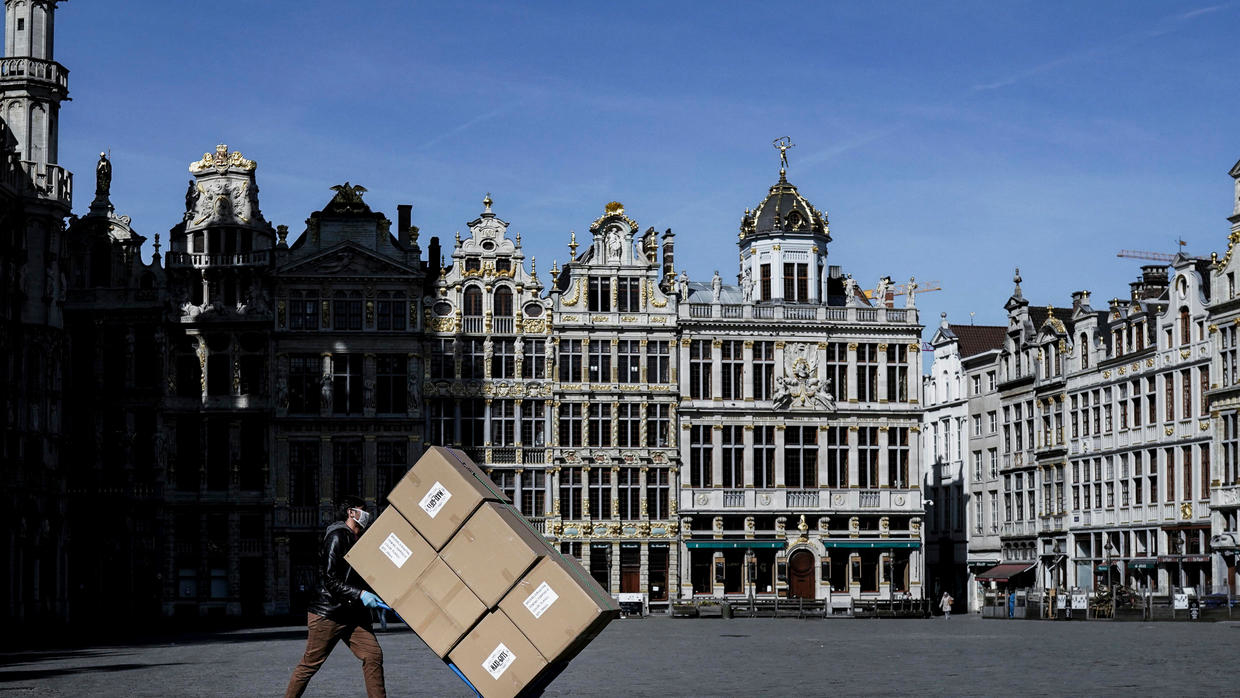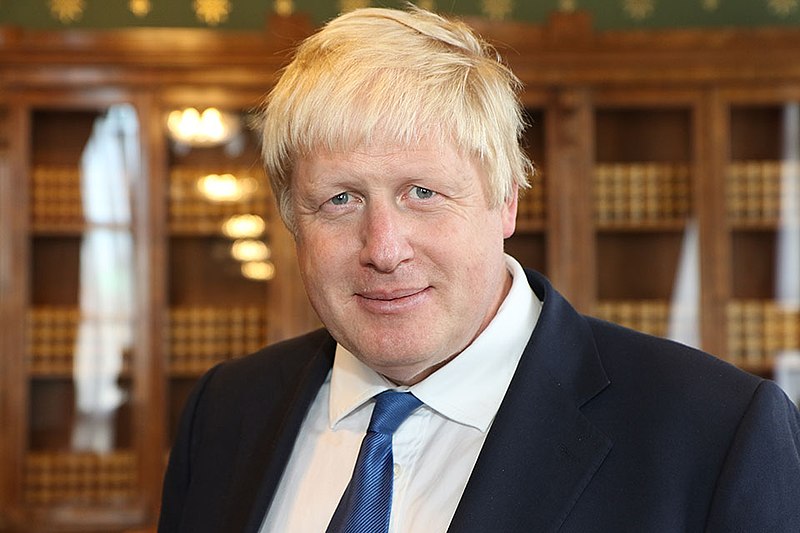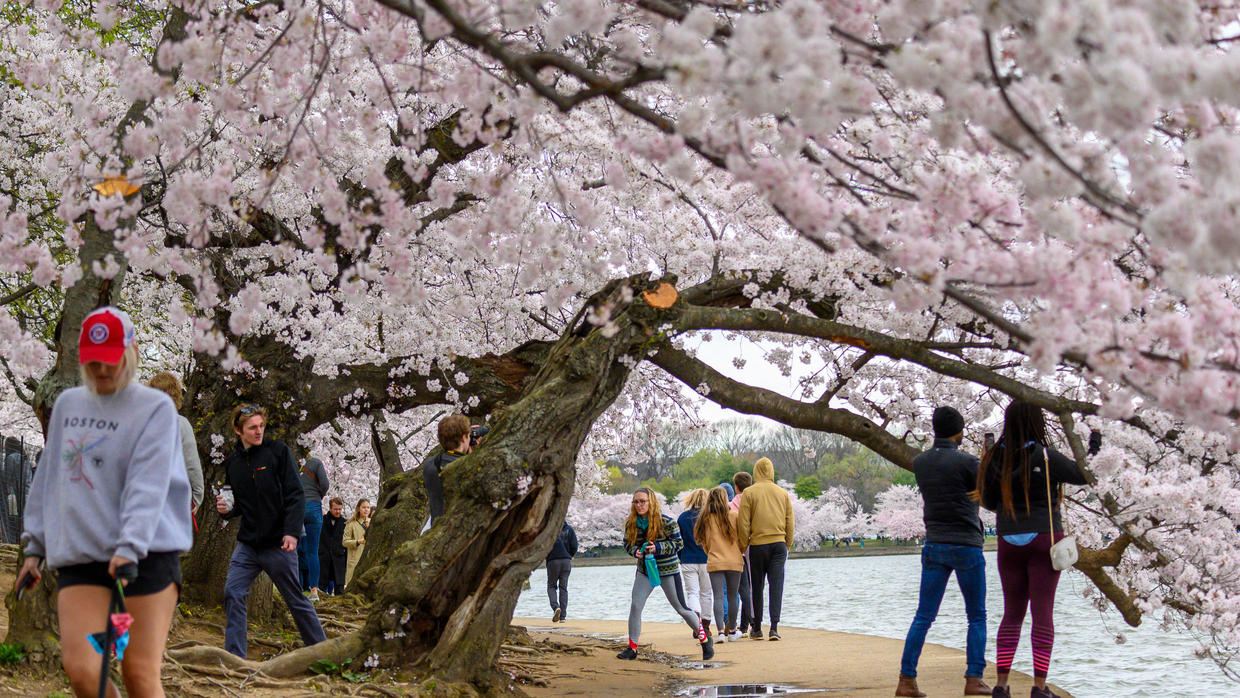
Despite spending an average of £3 billion annually during Black Friday, a significant portion of Britons are expressing a desire to avoid the pre-Christmas shopping frenzy and the waste it
generates. According to a recent poll, nearly one-quarter of the population would prefer to steer clear of these massive sales events.
Black Friday, which originated in the United States and occurs immediately after Thanksgiving, offers steep discounts on everything from clothing to electronics and home goods to boost holiday sales. However, the environmental consequences of this shopping bonanza are severe. Home deliveries alone from Black Friday purchases are estimated to produce 429,000 metric tonnes of CO2 emissions. Additionally, 16% of shoppers have realized that their supposed bargains weren’t truly deals, while 8% admitted to buying items they didn’t actually need. Alarmingly, approximately 80% of Black Friday purchases end up in landfills, recycling centers, or incineration within a year.
A YouGov poll commissioned by Keep Britain Tidy revealed that 70% of respondents believe Black Friday encourages excessive consumption, 42% think it harms the environment, and 14.5 million Britons are willing to boycott the shopping event altogether. In response, Keep Britain Tidy is promoting its "Buy Nothing New Month" campaign, running throughout November, to inspire more mindful consumer habits.
Allison Ogden-Newton, OBE, Chief Executive of Keep Britain Tidy, emphasized the urgency of addressing waste. “The waste our nation generates is a huge issue all year round, but it’s exacerbated at this time of year, as seemingly large discounts persuade people to buy items they don’t need and can’t always afford,” she said. “The public is awakening to the idea that this level of consumerism is environmentally and economically unsustainable. Today’s figures show that people are ready to take up the challenge to ‘buy nothing new’ for a month – and that could make all the difference to our planet.” Photo by Tataraseni, Wikimedia commons.






